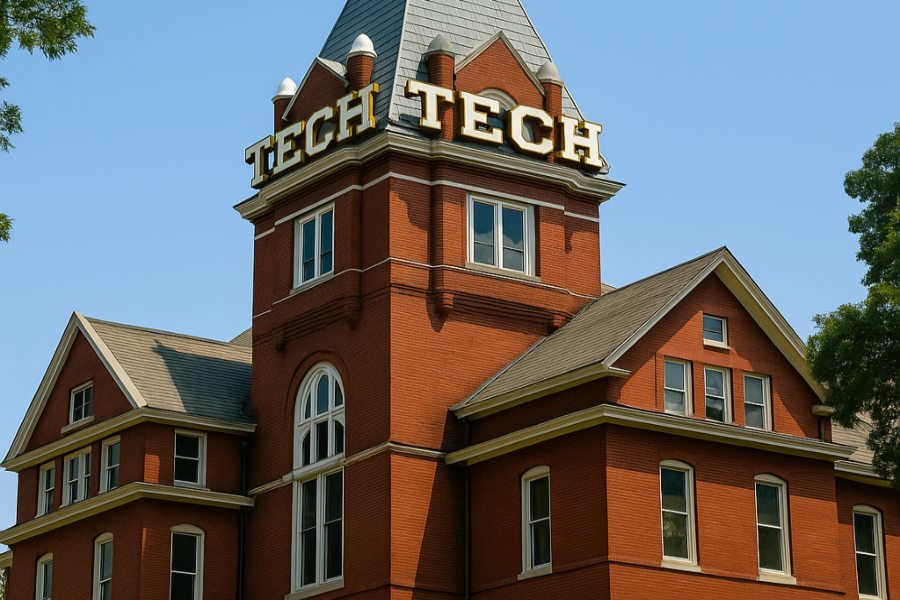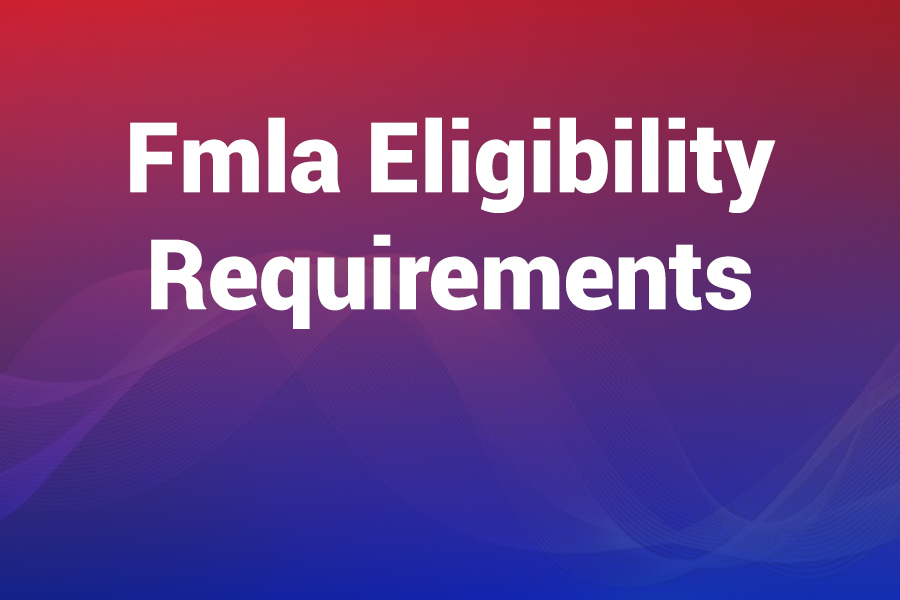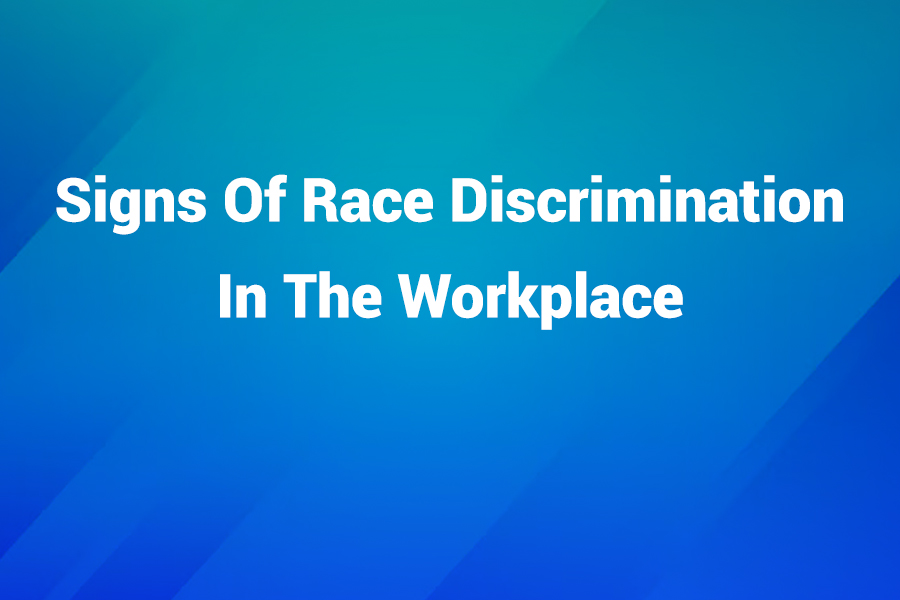
Georgia Institute of Technology, commonly known as Georgia Tech, is a globally recognized public research university located in Atlanta, Georgia. Renowned for its cutting-edge programs in engineering, computing, and the sciences, Georgia Tech attracts students from around the world. However, one question that frequently arises among prospective students and researchers is: Does Georgia Tech have a law school? In this comprehensive article, we’ll address this question, explore related academic offerings at Georgia Tech, and provide insights into legal education opportunities in Georgia and beyond. This guide is designed to be informative, SEO-friendly, and helpful for anyone seeking clarity on this topic.
Does Georgia Tech Have a Law School?
The straightforward answer is no, Georgia Tech does not have a law school or offer a Juris Doctor (JD) program. The university focuses primarily on science, technology, engineering, and mathematics (STEM) disciplines, along with business and liberal arts programs. While Georgia Tech excels in fields like computer science, mechanical engineering, and industrial design, it does not have a dedicated school or college for legal education.
However, this doesn’t mean Georgia Tech is entirely disconnected from legal studies or law-related fields. The university offers programs and courses that intersect with law, particularly in areas like technology law, intellectual property, and public policy. Below, we’ll explore these offerings and how they can prepare students for careers in law or related fields.
Why Doesn’t Georgia Tech Have a Law School?
Georgia Tech’s mission is centered on advancing technology and innovation to improve the human condition. Its academic structure prioritizes STEM disciplines, business, and interdisciplinary studies, which align with its historical focus on engineering and applied sciences. Establishing a law school would require significant resources, including faculty, facilities, and accreditation from the American Bar Association (ABA), which may not align with Georgia Tech’s core objectives.
Instead, Georgia Tech collaborates with other institutions and offers programs that touch on legal topics within the context of technology, policy, and innovation. For students interested in pursuing a legal education, nearby universities in Georgia provide excellent options, which we’ll discuss later in this article.
Georgia Tech Programs Related to Law
While Georgia Tech does not offer a traditional law school program, it provides several academic pathways that intersect with legal studies. These programs are ideal for students interested in law as it relates to technology, intellectual property, or public policy. Below are some key offerings:
1. School of Public Policy
The School of Public Policy at Georgia Tech offers undergraduate and graduate programs that explore the intersection of policy, law, and technology. These programs are particularly relevant for students interested in areas like technology regulation, cybersecurity law, or environmental policy.
- Bachelor of Science in Public Policy: This program covers topics like policy analysis, ethics, and governance, which are foundational for understanding legal frameworks. Students can take courses on legal issues related to technology and public administration.
- Master of Science in Public Policy: This graduate program dives deeper into policy-making processes, including legal and regulatory frameworks for emerging technologies like artificial intelligence (AI) and renewable energy.
- Ph.D. in Public Policy: For those interested in research, this program allows students to explore legal and policy issues in depth, often focusing on technology-driven sectors.
Courses in the School of Public Policy often cover topics like intellectual property law, technology regulation, and ethical considerations in innovation, making them a great starting point for students considering a legal career.
2. Technology and Law Courses
Georgia Tech offers specific courses that bridge technology and law, particularly in areas like intellectual property, cybersecurity, and data privacy. For example:
- Intellectual Property and Technology Law: Courses in this area explore patents, trademarks, copyrights, and trade secrets, which are critical for industries like software development, engineering, and biotechnology.
- Cybersecurity Policy and Law: With the rise of cyber threats, Georgia Tech offers courses that examine the legal and regulatory aspects of cybersecurity, preparing students for roles in compliance or tech policy.
- Ethics in Technology: These courses address the ethical and legal implications of emerging technologies, such as AI, autonomous vehicles, and biotechnology.
These courses are often housed within the Ivan Allen College of Liberal Arts or offered as electives in other programs, such as computer science or engineering.
3. Interdisciplinary Programs
Georgia Tech emphasizes interdisciplinary education, allowing students to combine legal studies with other fields. For example:
- Pre-Law Advising Program: While not a formal major, Georgia Tech’s pre-law advising program supports students who plan to attend law school after completing their undergraduate degree. Advisors help students choose relevant courses, prepare for the LSAT (Law School Admission Test), and apply to law schools.
- Technology and Management Program: This program, offered through the Scheller College of Business, includes coursework on legal issues in business and technology, such as contracts and corporate governance.
- Minors and Certificates: Students can pursue minors in areas like law, science, and technology or public policy, which provide a foundation for legal studies without requiring a full law degree.
These programs allow students to gain exposure to legal concepts while leveraging Georgia Tech’s strengths in technology and innovation.
Preparing for Law School at Georgia Tech
For students aspiring to attend law school, Georgia Tech offers a strong foundation through its rigorous academic programs and pre-law advising. Here’s how students can prepare for a legal career while at Georgia Tech:
1. Choosing the Right Major
Law schools accept students from a variety of academic backgrounds, and Georgia Tech’s diverse programs provide excellent preparation. Popular majors for pre-law students include:
- Public Policy: Provides a strong foundation in governance, ethics, and legal frameworks.
- Business Administration: Covers business law, contracts, and corporate governance.
- Computer Science: Ideal for students interested in technology law or intellectual property.
- History, Technology, and Society: Offers a liberal arts perspective on the societal impact of technology, including legal implications.
2. Pre-Law Advising and Resources
Georgia Tech’s Pre-Law Advising Program offers guidance on course selection, LSAT preparation, and law school applications. Advisors help students build a competitive application by recommending extracurricular activities, internships, and research opportunities.
3. Extracurricular Activities
Law schools value leadership, communication skills, and community involvement. Georgia Tech students can join organizations like the Pre-Law Society, Model United Nations, or Mock Trial Team to develop skills relevant to a legal career. Internships with tech companies, government agencies, or law firms in Atlanta also provide valuable experience.
4. LSAT Preparation
The LSAT is a critical component of law school applications. Georgia Tech students can access LSAT prep courses through external providers or take advantage of university resources to prepare effectively. Many students also participate in study groups or work with tutors to improve their scores.
Legal Education Options in Georgia
Since Georgia Tech does not have a law school, students interested in pursuing a JD can consider nearby universities with accredited law programs. Atlanta is home to several prestigious law schools, making it an ideal location for legal studies. Below are some top options:
1. Emory University School of Law
Located just a few miles from Georgia Tech, Emory University School of Law is one of the top law schools in the Southeast. It offers a robust JD program with specializations in areas like intellectual property, health law, and international law. Emory also provides joint degree programs, such as a JD/MBA, which may appeal to Georgia Tech graduates with a business or technology background.
- Key Features:
- Ranked among the top 30 law schools in the U.S. by U.S. News & World Report.
- Strong focus on experiential learning through clinics and externships.
- Proximity to Georgia Tech makes it a convenient option for students.
2. University of Georgia School of Law
The University of Georgia School of Law, located in Athens (about an hour from Atlanta), is another excellent option. It is consistently ranked among the top public law schools in the country and offers a wide range of programs, including business law, environmental law, and criminal law.
- Key Features:
- Affordable tuition for in-state residents.
- Strong alumni network in Georgia and beyond.
- Opportunities for hands-on learning through legal clinics.
3. Georgia State University College of Law
Georgia State University College of Law, located in downtown Atlanta, is known for its innovative approach to legal education. It offers part-time and full-time JD programs, making it accessible for working professionals or non-traditional students.
- Key Features:
- Emphasis on practical skills through externships and moot court competitions.
- Specializations in areas like health law, intellectual property, and public interest law.
- Strong ties to Atlanta’s legal and business communities.
4. Other Nearby Law Schools
Students can also explore law schools like Mercer University School of Law in Macon, Georgia, or John Marshall Law School in Atlanta. These institutions offer JD programs with flexible schedules and a focus on practical training.
Combining a Georgia Tech Degree with a Legal Career
A degree from Georgia Tech can be a powerful asset for a legal career, particularly in fields where technology and law intersect. Here are some ways Georgia Tech graduates can leverage their education in the legal field:
1. Intellectual Property Law
With Georgia Tech’s strength in engineering and computer science, graduates are well-positioned for careers in intellectual property law. This field focuses on patents, trademarks, and copyrights, which are critical for protecting innovations in technology and science.
2. Technology and Cybersecurity Law
As technology continues to shape society, the demand for lawyers specializing in cybersecurity, data privacy, and technology regulation is growing. Georgia Tech’s expertise in computer science and cybersecurity makes its graduates ideal candidates for these roles.
3. Corporate and Business Law
Graduates from the Scheller College of Business can pursue careers in corporate law, focusing on contracts, mergers and acquisitions, or corporate governance. A background in business and technology provides a unique perspective in this field.
4. Environmental and Energy Law
Georgia Tech’s programs in environmental engineering and sustainability prepare students for careers in environmental law, where they can advocate for policies addressing climate change and renewable energy.
Career Paths for Georgia Tech Graduates Interested in Law
Georgia Tech students interested in law have a variety of career paths to explore, even without a law school on campus. Some potential roles include:
- Patent Attorney: Specializing in intellectual property law, particularly for tech innovations.
- Technology Policy Analyst: Working on regulations for AI, cybersecurity, or data privacy.
- Corporate Lawyer: Advising businesses on legal matters related to technology and innovation.
- Compliance Officer: Ensuring organizations adhere to legal and regulatory standards in tech-driven industries.
- Legal Consultant: Providing expertise on technology-related legal issues for startups or established companies.
Conclusion
While Georgia Tech does not have a law school, it offers a range of programs and resources that prepare students for legal careers, particularly in fields where technology and law intersect. Through its School of Public Policy, pre-law advising, and interdisciplinary courses, Georgia Tech equips students with the skills and knowledge needed to succeed in law school or law-related professions. For those seeking a JD, nearby institutions like Emory, UGA, and Georgia State provide excellent options within Georgia.
By combining a Georgia Tech education with a legal career, students can carve out unique and impactful roles in areas like intellectual property, cybersecurity, and public policy. Whether you’re a prospective student or a curious researcher, Georgia Tech’s academic offerings and proximity to top law schools make it a great starting point for a journey into the legal field.
For more information on Georgia Tech’s programs, visit the official website at www.gatech.edu. If you’re considering law school, explore options at nearby universities or consult with Georgia Tech’s pre-law advisors to chart your path forward.







